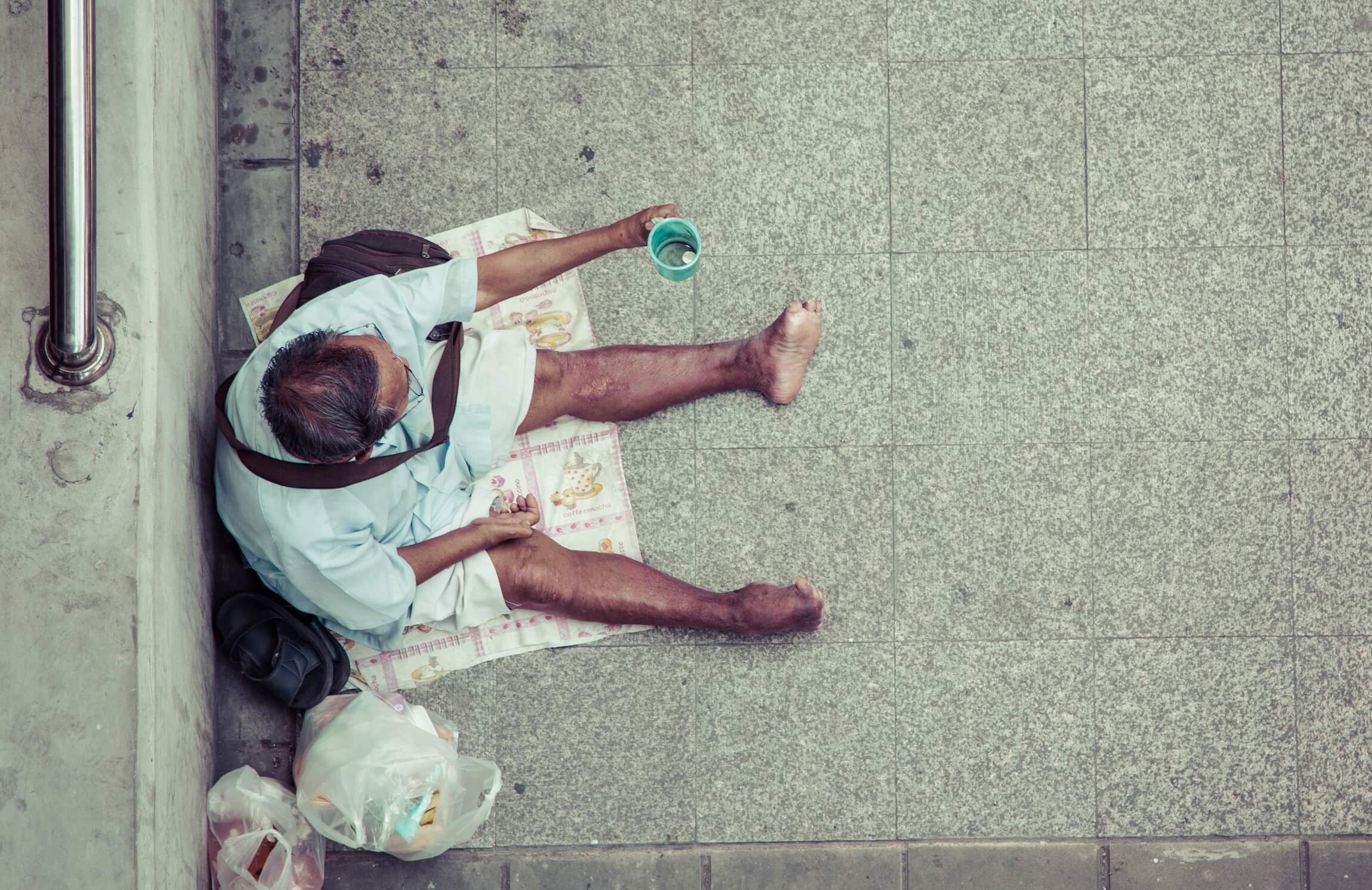





“Women are naturally nurturing and empathetic. They are intrinsically more suited to caring for children and families.” This worldview, which dominates many cultures to this day, is the epitome of gender essentialism. It appears commonsensical, but it has harmed generations of women—and society at large. It has led to exclusion, discrimination, exploitation, and inequality.
Care and care work, which are indispensable to maintain the health, safety, and well-being of societies and economies, are left mostly to women. While professional care services and occupations are remunerated, care duties within the family remain unpaid. Understood mainly as natural to women and their innate abilities to care and to share, unpaid care is, on the contrary, a result of social or contractual obligations, such as marriage, family relations, and kinship, which are deeply entrenched in gender norms and stereotypes.
Unpaid and invisible care perpetuates gender inequality by creating a cycle of continual disempowerment for women and girls. From a vantage point of power relations, unpaid care and domestic work are a systemic impediment to women’s empowerment. It curtails women’s choices, bargaining position, and economic opportunities, and deprives women of a precious resource—time.
For the less privileged, poor, rural, and marginalised women, these heavy and disproportionate tasks are even more intractable as they cannot afford domestic help. They also have far less access to services and technology, trapping them in time and income poverty across their life-cycle.
While statistics do not capture the qualitative and emotive experiences of shouldering care work and household chores, it is illuminating to learn that, on average, women spent 5.4 hours per day on care as a primary activity. For men, it was merely under one hour (0.99). As for childcare, an average of 78 per cent of women had been responsible for a child, compared to 48 per cent of men (UNESCAP, 2020). Alarmingly, this pattern was also observed among the younger population, with girls spending 0.44 hours on average per day on care work compared to 0.25 hours for boys.
In terms of economic contributions, data from 53 countries estimate that unpaid care work would amount to 9 per cent of global GDP, equivalent to 11 trillion US dollars of purchasing power parity. Unpaid care and domestic work are valued at around 40 per cent of GDP (ILO, 2018).
Although this pivotal issue intersects poverty, deprivation, and human rights, it receives little visibility in policymaking. It has also not received sufficient investment from governments, businesses, and communities, be it in infrastructure, work arrangements, or commitment to structural change.
The COVID-19 pandemic turned global attention to the gendered dimension of the crisis: women’s safety, economic and social security, and institutional support have been jeopardised. Moreover, in households, females bear the burden of additional domestic chores and child care because of the reduced availability of formal and informal care services during the lockdowns.
At present, systematic and comprehensive data and analysis on gendered impacts of COVID-19 have yet to be made available. Nonetheless, existing smaller-scale studies offer a ray of hope. Studies found that given the closure of facilities and the shift to f lexible work arrangements, many men are more exposed to the double burden of paid and unpaid work. Altered work arrangements may lead to men’s or fathers’ increased involvement in care work, changing social norms, and bringing an equal division of care and domestic responsibilities (World Bank, 2020). In households where women work in healthcare and other essential services for COVID-19 response, many men are likely to turn into primary informal care providers for the family (OECD, 2020).
Perhaps the lesson we are learning from the ongoing pandemic is that while the pandemic may reinforce stereotypical gender roles, it also offers an unprecedented opportunity to shift them. In the future, we may see an increased redistribution of care work in households where men/fathers have more work flexibility.
As for ASEAN, the issue of care work has gained distinct prominence during this pandemic. The first ASEAN Women’s Leaders’ Summit on the theme “Women’s Role in Building A Cohesive, Dynamic, Sustainable and Inclusive ASEAN Community in a Post COVID-19 World” held in November 2020 affirmed the Leaders’ commitment to recognise and redistribute unpaid care and domestic work as well as enhance welfare and development of all women and girls.
Unpaid care and domestic work also lie at the ASEAN Comprehensive Recovery Framework’s heart and its implementation plan. The framework emphasises mainstreaming gender equality throughout the recovery scheme and actions with the commitment to address unpaid care and domestic work to enable women to be drivers of the recovery process with the provision of expanded, accessible social safety nets, social assistance, and social insurance programmes especially for women in vulnerable groups.
These efforts are backed by strengthening research and evidence. The soon to be launched ASEAN Gender Outlook: Achieving the SDGs for All and Leaving No Woman and Girl Behind sheds light on the implications of the COVID-19 pandemic on care and domestic work in the region. The Gender Outlook reveals that in ASEAN, 30 per cent of women noted increases in the intensity of domestic work since the spread of the virus, compared to only 16 per cent among men. The increase in workload at home means that women sacrifice paid employment to tend to household needs, with obvious consequences for their income and well-being.
The signs of changing gender roles, the possibility of addressing inequality, and progress in policy visibility and political will are encouraging developments. However, we are aware that a lot of work still needs to be done to tackle unpaid care and domestic work effectively. From individuals, communities, to governments, all of us must increased redistribution of care work in households where men/fathers have more work flexibility. Photo Credit: © VectorMine/Shutterstock As for ASEAN, the issue of care work has gained distinct prominence during this pandemic. The first ASEAN Women’s Leaders’ Summit on the theme “Women’s Role in Building A Cohesive, Dynamic, Sustainable and Inclusive ASEAN Community in a Post COVID-19 World” held in November 2020 affirmed the Leaders’ commitment to recognise and redistribute unpaid care and domestic work as well as enhance welfare and development of all women and girls. recognise, value, and highlight the full extent of women’s work and their contributions to productive and reproductive economies.
While the impacts of the COVID-19 crisis are yet to be fully uncovered, it provides a window of opportunity to build more inclusive and resilient systems. Care needs to be regarded as a universal right and thus a national and regional policy agenda. Comprehensive care systems that harness co-shared responsibility between men and women, the state, the market, households, and the community are needed. To effectively reduce and redistribute unpaid care work, care policy arrangements must be complemented by labour market policies that support work-life balance for gender equality. This support will enable both women and men to reconcile their job and care responsibilities better.
Fundamentally, we need to go beyond the essentialist view that women are better at giving care and should be relegated throughout their lives regardless of circumstances. We need to redefine our values and norms, change gender role expectations and socialisation, and elevate gender discourse within our families and communities to promote care as a social and collective responsibility and not a woman’s destiny.








